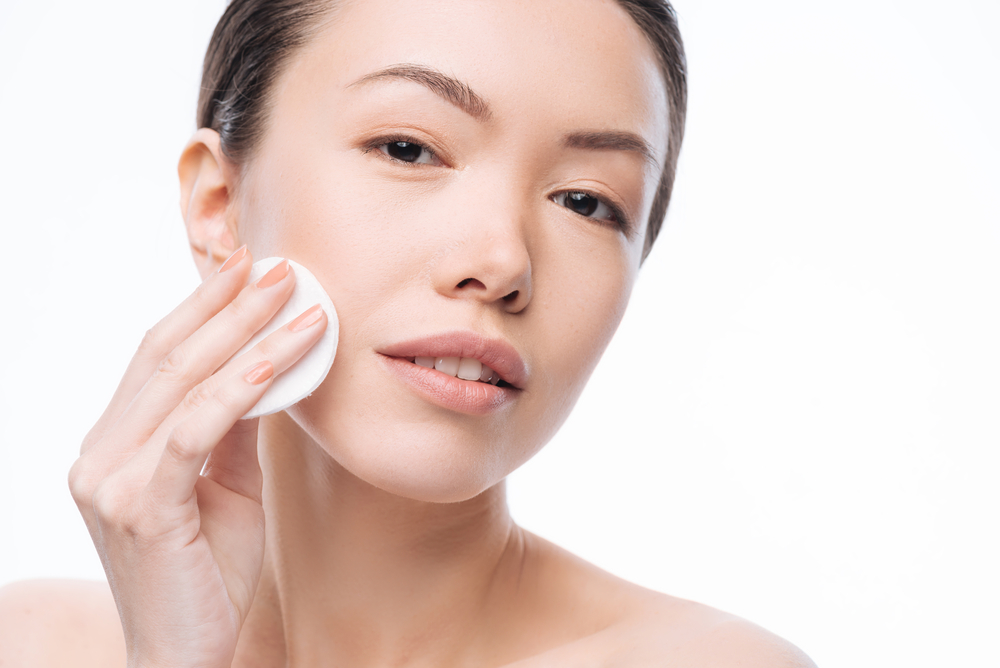
What Is A Good Skin Care Routine?
June 24, 2020
Do Diet Pills Really Work?
August 23, 2020Swimmer’s Ear conjures up a vision of a hot summer day around a swimming pool. Children are in the pool and having a good time. Suddenly one youngster comes out complaining of an earache. They start to jump up and down. They stand on one foot and shake and hit their head in an attempt to dislodge part of the pool inside their head.
This is one way to deal with swimmer’s ear, and it might prove successful. At the very least, it can provide immediate relief. There are, however, other ways to deal with this very real problem.
Swimmer’s ear can best be described as water in the outer ear canal. The medical term is otitis externa. If water stays inside the canal, an infection occurs due to bacteria that thrive in a moist place. Although your ear has natural defenses, enough water can break down the barriers.
The obvious course of action is to make the ear canal dry so bacteria cannot grow. A common remedy is eardrops. You can purchase products like this at a pharmacy or drugstore.
Another preventive action is to always dry ears after swimming, perspiring on a hot and humid day, and in general, anytime there is the possibility of a wet ear canal. Never put any object in the ear in an attempt to dry the canal. This can damage the lining of the ear and lead to an infection. Carefully dry the ear with a non-abrasive towel.
Of course, when drying the ear, you should tilt your head from side to side like the children at the swimming pool.
The most important thing you can do for swimmer’s ear is not to let it get out of control. Do not allow mild case progress to the point where medical attention is needed. The bacteria can take hold and antibiotics will be needed.
A mild case will involve itching, mild redness, aggravation of the symptoms by pulling on your ear, and possible fluid discharge that is clear and has no odor. Keep using eardrops and make efforts to keep your ear dry. As mentioned before, and it cannot be stressed enough, do not put objects such as your finger in your ear. You will only make the situation worse. You can damage the natural defenses in your ear.
The children at the pool had the right idea. Moisture is not your friend when it comes to the outer ear canal. Make it a habit to dry your ears. Remember that you can get swimmer’s ear without actually swimming. Stay away from water that is known to be full of bacteria. Stay dry and safe.




